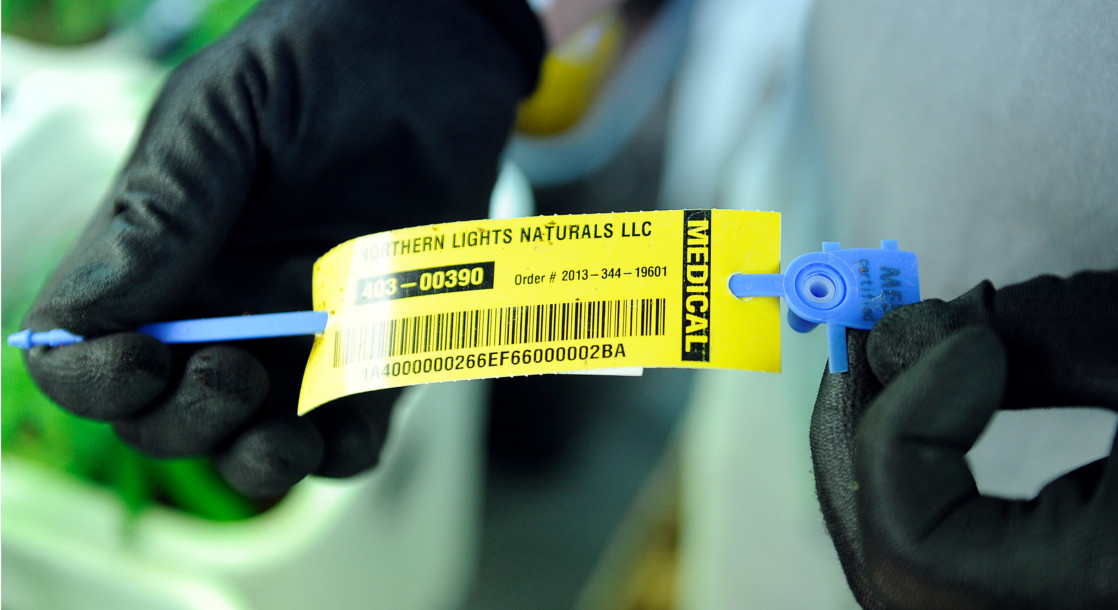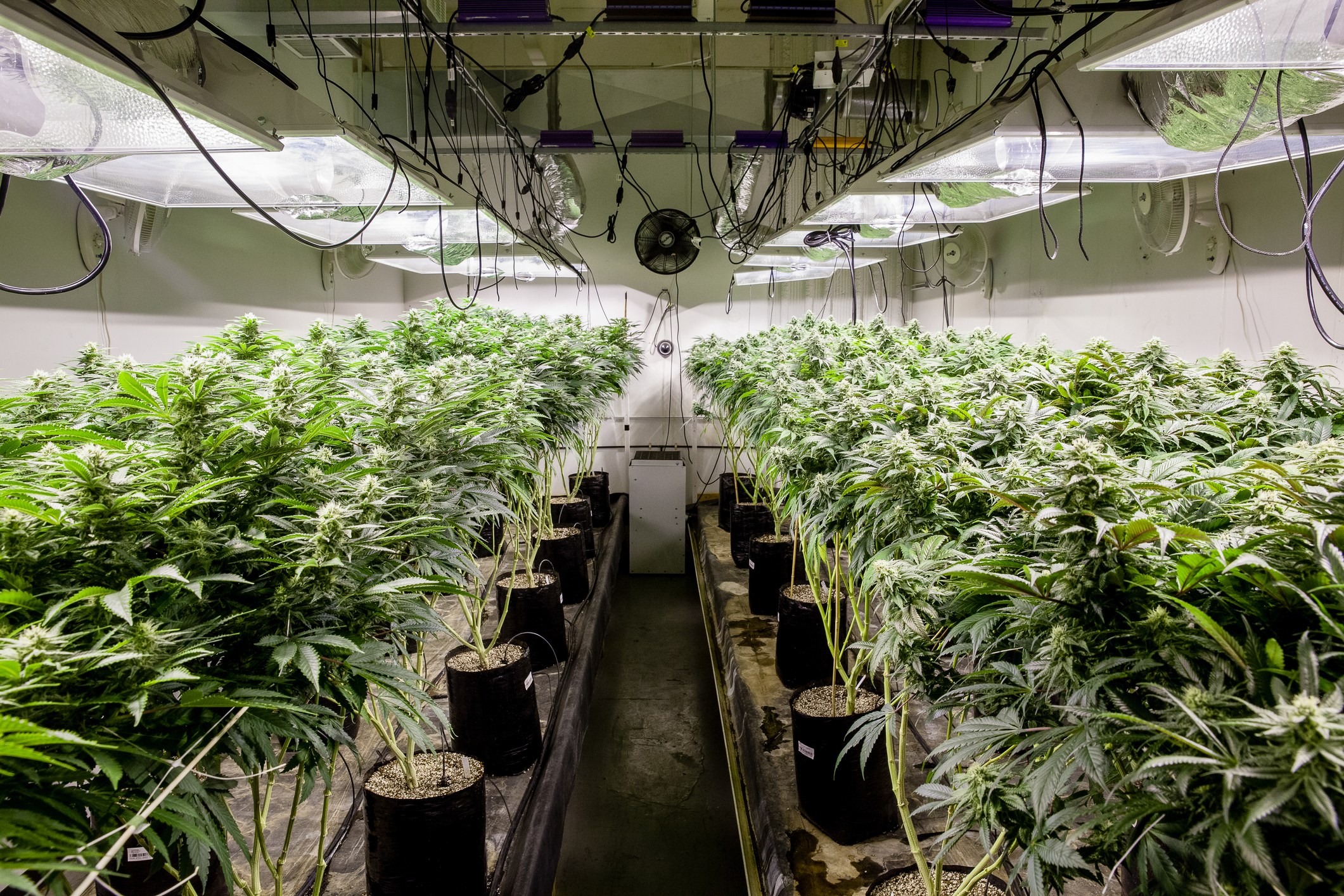Ohio regulators have finished drafting the rules governing the state's medical marijuana program one month before the statutory deadline. The state legislature's Joint Committee on Agency Rule Review cleared the full set of regulations on Monday, creating official rules for medical cannabis dispensaries, testing labs, product manufacturers, doctors, caregivers, and patients. Regulations for cannabis cultivators were already approved in April, and the state is currently reviewing 185 applications for the 24 available grow licenses.
Patients suffering from one or more of 21 qualifying medical conditions may register for medical marijuana with a physician that they already have a relationship with. Patients will have to pay $50 a year in registration fees, but veterans and those receiving federal disability assistance will only have to pay $25 annually. Patients will only be allowed to possess a 90-day supply of medical cannabis at a time, and will be allowed to mix and match products, as long as they do not exceed the limit.
Doctors who wish to prescribe medical marijuana to patients have to register with the state medical board and take two hours of continuing education classes. Doctors will be required to explain both the benefits and the risks of medical marijuana use to any patient before issuing a recommendation. Caregivers can also apply to serve medical marijuana to up to two patients each for a fee of $25.
The state has increased the total number of dispensaries from 40 to 60, and released a draft plan to distribute those licenses by population. Dispensary applications will cost $5,000, and licensing fees will cost $70,000 every other year. The commerce department will grant licenses to 40 processing companies, who will make cannabis oils, lotions, capsules, and edibles, and each processor must pay a $10,000 application fee, plus $100,000 a year in licensing fees.
All cultivators, dispensaries, and processors must submit full financial, security and operational plans along with their application, and all potential canna-businesses must also detail how they will safely transport cannabis to and from their premises. Finally, the regulations require that all canna-businesses be at least 500 feet from schools, playgrounds, libraries, and churches.











